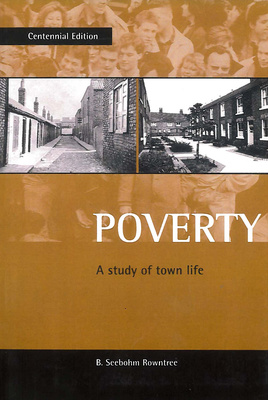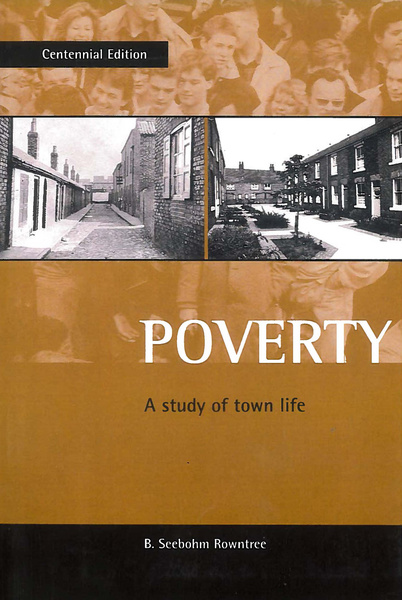Published
Dec 13, 2000Page count
528 pagesISBN
978-1861342027Dimensions
216 x 138 mmImprint
Policy PressA century ago, Seebohm Rowntree, inspired by the work of Charles Booth and of his own father, Joseph Rowntree, embarked on a lengthy investigation of poverty in York. He and his team talked to poor and working class people in the city to find out what they spent their money on, and the extent to which they could afford what he defined as the minimum necessities (which did not, as far as he was concerned, include alcohol). He gathered an extraordinary range of statistics. His work was hugely influential in the thinking which led to the foundation of the welfare state - after reading it, Winston Churchill became a supporter of social reform, eventually abandoning the Conservatives for the Liberal Party.
His research methods still have validity today, albeit in a very different context. Now, for the first time, this classic work is republished in a special centennial edition, with a specifically written extended preface by Professor Jonathan Bradshaw, a leading contemporary expert on identifying and understanding poverty. This faithful reproduction of the original 1901 edition includes the famous town plan as well as the infamous map of the licensed houses of York.
The book is valuable reading for social policy students, researchers and anyone interested in poverty, how to identify it, and how to tackle it.
"The reprint, one hundred years on, is testimony to the power of this book to incrementally change the world, not just in York or Britain but much further afield. It contains all that was included in the best of the original editions." International Journal of Epidemiology
Introduction; Preface Jonathan Bradshaw; General characteristics of the City of York; Social and economic condition of the wage-earning class in York; The standard of life; The poverty line; The immediate causes of poverty in York; Housing; The relation of poverty to the standard of health; Family budgets: a study on the expenditure and diet of working classes; Summary and conclusion.









